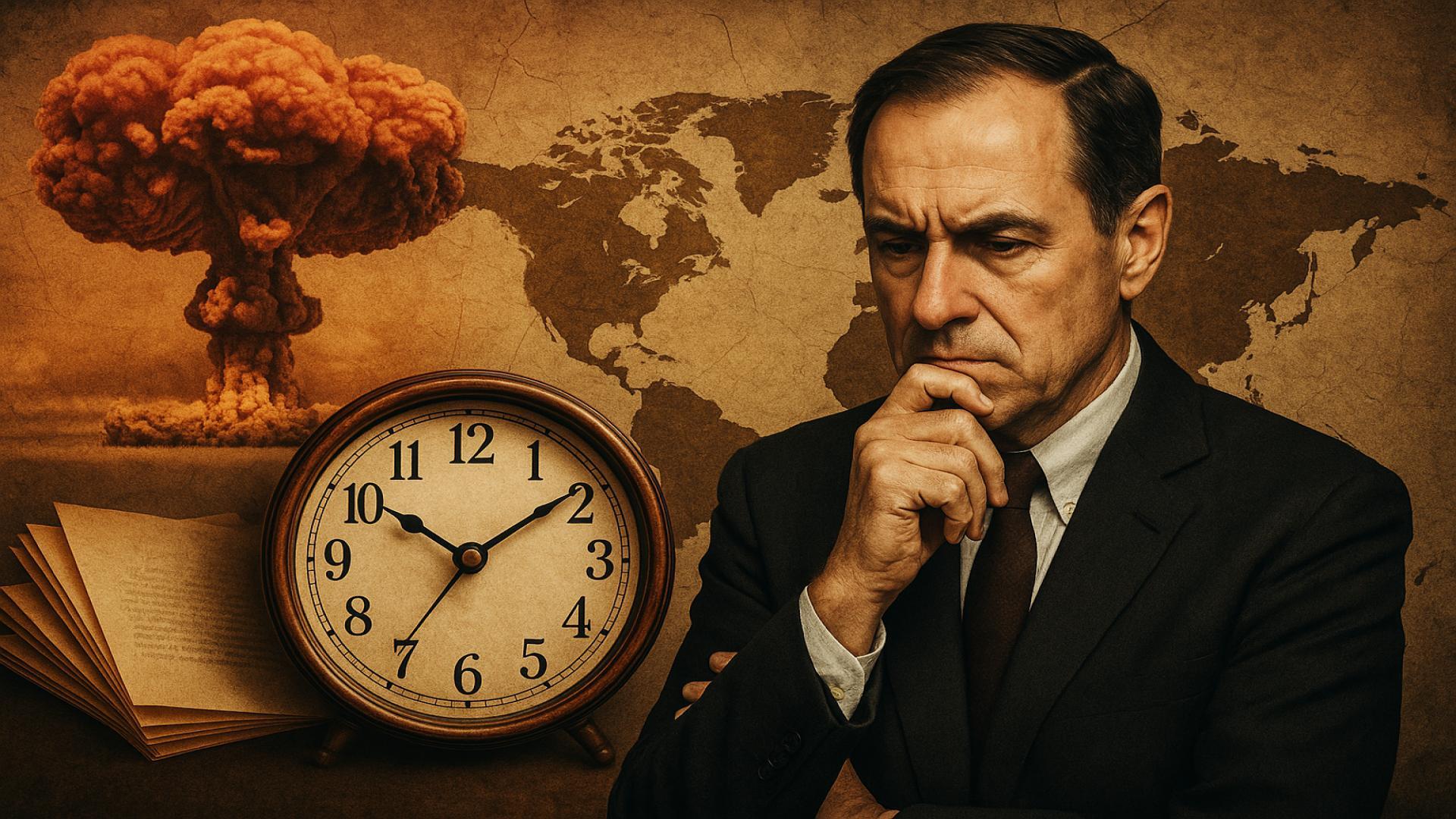7. False Alarm at Hawaii (2018)

On January 13, 2018, a false missile alert was sent to cellphones across Hawaii, warning of an incoming ballistic missile. This incident caused widespread panic and highlighted the need for improvements in emergency notification systems. Officials acknowledged the system’s shortcomings and emphasized the urgency of enhancing the accuracy and reliability of alert systems to prevent similar occurrences in the future (axios.com).












